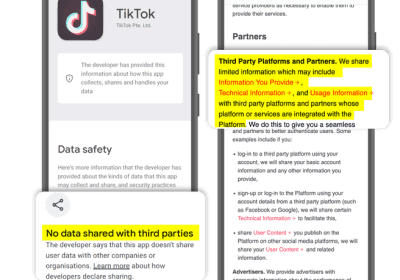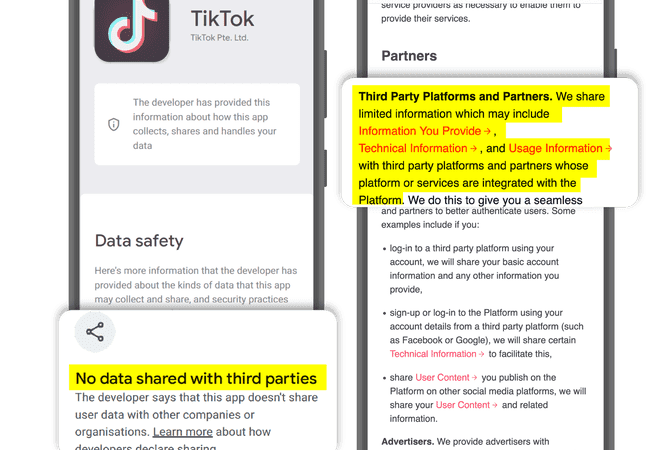
In the context of the current pandemic of new coronavirus pneumonia, people are full of doubts about the transmission of this virus. When you’re looking for fast food in the narrow aisles of a grocery store, or enjoying takeaway, you might think about the question: Do we get this new coronavirus because of food?
Experts say that there is no evidence that COVID-19 is transmitted through food. “There is no evidence that food or food packaging is a cause of COVID-19 infection,” said Benjamin Chapman, a professor at North Carolina State University and a food safety expert. He also emphasized that we still don’t know much about new crown pneumonia and the new coronavirus that causes the disease (SARS-CoV-2). As more information becomes available, our perception of the spread of the disease and food risks may also change.
However, the US Centers for Disease Control and Prevention says that the interpersonal transmission of COVID-19 appears to be primarily through viral particles transmitted when coughing or sneezing. Although in theory, the new coronavirus can be spread by contacting the surface of a contaminated object and then touching the nose, mouth or eyes, the CDC believes that this is not the main mode of transmission.
Why is the risk of food transmission low?
Even if neocoronavirus is present on food, or if food workers are infected, there are several factors that may reduce the likelihood of the virus transmitting through food.
First, food safety measures to prevent foodborne illness will reduce the spread of any virus particles through the food. These measures include washing hands, washing food surfaces and utensils, and cooking food to the proper temperature. Chapman said in an interview that in today’s food industry, we have considered many things related to food safety and have been working to prevent pathogens from being transmitted from food to humans within a certain period of time.
Another factor is the biological characteristics of the new crown virus. Some food-borne viruses, such as norovirus, can survive on surfaces and foods for longer periods of time (days to weeks), and preliminary studies have found that this new coronavirus may live on some surfaces for hours to days. Unlike bacteria, viruses cannot grow in food, so the amount of virus in food decreases over time, not grows.
In addition, this type of virus is theoretically difficult to survive in the highly acidic stomach. “This is good news about food,” Chapman said. Nevertheless, the extent to which people are infected with the new crown virus through oral contact, or by eating contaminated food, remains unclear. Chapman said that it is not that it is completely impossible to infect COVID-19 with food, “it is always possible. But I hope to make the best risk management decisions based on the best science and evidence, and we are currently in There is no evidence in this regard. “
Precautions on grocery and takeaway during the epidemic
Although the risk of getting new crown virus from food may be low, there are steps you can take to further reduce the risk. Here are some simple suggestions.
Ready-made food:
It is always right to wash fresh fruits and vegetables with water, even if there is no pandemic virus pandemic, this will remove dirt, debris and pesticides from food and reduce the level of foodborne bacteria; there is no need to wash with soap Food, “Soap is for hands, not food,” Chapman said.
If you are concerned about food packaging, you can wash your hands carefully after handling the packaging. Chapman said that if you are concerned about the safety of food, you can heat the food at 65 degrees Celsius for 3 minutes, which will significantly reduce the level of any virus particles.
Takeaway:
Food risks from restaurants are really low, as employees in the food industry have increased awareness of food safety. To further reduce the risk, we can wash our hands after handling food packaging or takeaway bags. Employers in the food industry also need to develop strong employee health measures, which are important for food safety and the health of others. If food workers and takeaway deliverers start to feel unwell, they should seek medical help immediately











